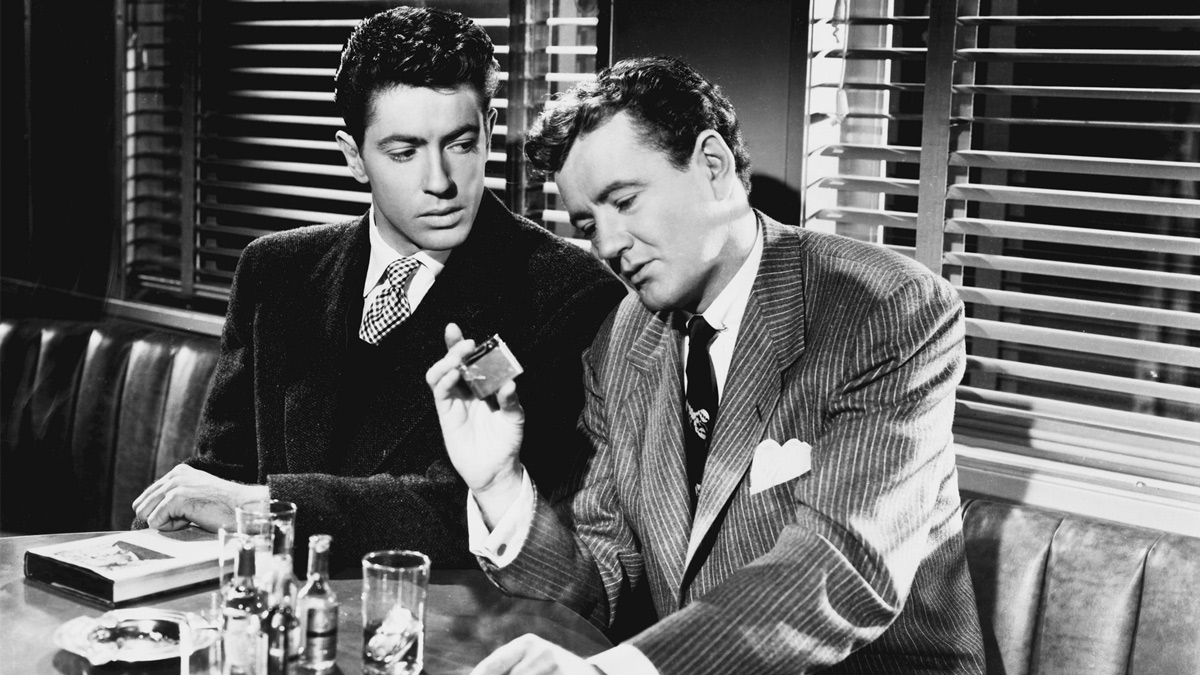
(c) Photofest / Getty Images
"Strangers on a Train" A nightmare beckoned by a doppelganger
2023.08.15
Conflict with Raymond Chandler
In a conversation with François Truffaut, Hitchcock vented his frustrations about Raymond Chandler.
"When I worked with a writer who specialized in mysteries, thrillers and suspense, like I do, we would clash and it wouldn't work out. (Omitted) I would sit next to Chandler, like I always do with screenwriters, racking my brains for ideas and saying, 'How about we do it like this?' And he'd say, 'Well, if you can think of something like that on your own, you don't need me.'"

"Strangers on a Train" (c)Photofest / Getty Images
Hitchcock's style was to brainstorm ideas for a movie through long, rambling conversations, but Chandler didn't like that style either, and he was sometimes openly confrontational. Chandler also wrote the following letter to Hitchcock, expressing his frustrations.
"I understand that you find fault with my script, that this scene is too long, that this mechanic is too awkward, because some of these changes may have been imposed from the outside. What I don't understand is how you have taken a script that had life and vitality and reduced it to a mass of hackneyed phrases, faceless characters, and the kind of lines that every screenwriter is taught not to write - lines that say everything twice, leaving nothing to be suggested by the actors or the camera. I am not afraid of my name in the credits or not." (*3)
Hitchcock eventually parted ways with Chandler and developed the screenplay with Chentzie Ormond, who was an assistant to screenwriter Ben Hecht, known for " The Great Passage " (1945) and " Notorious " (1946). Chandler's name was never removed from the credits, but "Strangers on a Train" ended up being his last screenplay.

